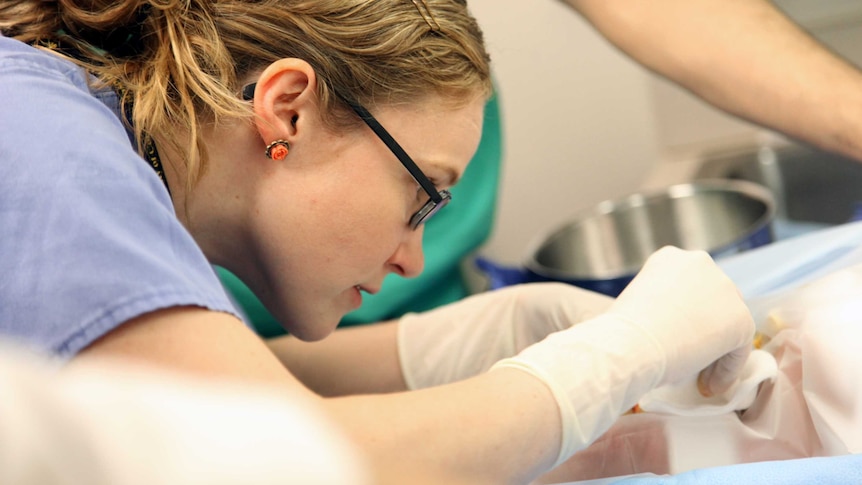Male circumcision is a prevalent practice in Dubai, with significant religious, cultural, and medical implications. In the context of Dubai’s advanced healthcare system, circumcision plays a critical role not only in meeting cultural and religious needs but also in maintaining high standards of medical care. This article explores the role of male circumcision within Dubai’s healthcare system, focusing on its integration into medical practices, its impact on public health, and the considerations for families and healthcare providers.
Integration into Healthcare Practices
In Dubai, male circumcision is integrated into the healthcare system through a combination of traditional practices and modern medical standards:
Medical Facilities:
State-of-the-Art Clinics: Circumcision is performed in a variety of medical settings, from private clinics to specialized hospitals equipped with advanced surgical technology. These facilities adhere to rigorous hygiene standards and use modern equipment to ensure safe and effective procedures.
Experienced Practitioners: The procedure is carried out by trained pediatricians and urologists with expertise in circumcision. Practitioners are well-versed in both traditional and contemporary methods, ensuring that each procedure is performed with skill and precision.
Procedural Standards:
Adherence to Guidelines: Dubai’s healthcare system follows strict guidelines set by regulatory bodies such as the Dubai Health Authority (DHA) and the Health Authority Abu Dhabi (HAAD). These guidelines cover aspects of patient care, consent, and procedural standards to ensure that circumcision is performed safely and ethically.
Use of Modern Techniques: Contemporary methods, including electrocautery, laser circumcision, and clamp techniques, are employed to enhance safety, minimize pain, and promote faster recovery. The integration of these techniques reflects Dubai’s commitment to combining traditional practices with modern medical advancements.
Impact on Public Health
Male circumcision contributes to public health in several important ways:
Disease Prevention:
Reduction in Infections: Circumcision is associated with a lower risk of certain infections, such as urinary tract infections (UTIs) and sexually transmitted infections (STIs). By reducing these risks, circumcision contributes to overall public health and well-being.
Hygiene Benefits: The procedure aligns with Islamic principles of cleanliness and can help prevent conditions related to poor hygiene, such as balanitis and phimosis.
PHealthcare Efficiency:revention of Complications: By addressing potential medical issues early, circumcision can prevent more serious complications that may arise from conditions like phimosis or recurrent infections. This proactive approach helps reduce the need for more invasive treatments later.
Integration with Preventive Care: In Dubai, circumcision is often part of a broader preventive healthcare strategy that includes regular check-ups and health education. This integration ensures that the procedure complements overall health management.
Considerations for Families and Healthcare Providers
For families and healthcare providers in Dubai, several considerations are important in the context of male circumcision:
Informed Decision-Making:
Educational Resources: Healthcare providers offer comprehensive information to parents about the benefits, risks, and options for circumcision. This education helps families make informed decisions that align with their values and health needs.
Cultural Sensitivity: Providers are aware of the cultural and religious significance of circumcision and approach the procedure with sensitivity and respect. This consideration ensures that the process aligns with the family’s cultural and religious beliefs.
Cost and Accessibility:
Cost of Circumcision
The Cost of Male Circumcision Surgery in Dubai varies based on the facility, the experience of the medical professional, and the complexity of the procedure. This price typically covers the procedure, anesthesia, and post-operative care. It is advisable for families to check with multiple healthcare providers to understand the total costs and any additional charges that may apply.
Access to Care: Dubai’s healthcare system provides access to a range of facilities and practitioners, ensuring that families can find appropriate care that meets their needs. This accessibility supports equitable access to high-quality circumcision services.
Conclusion
Male circumcision holds a significant role within Dubai’s healthcare system, reflecting both cultural and medical importance. The integration of modern techniques and adherence to stringent regulatory standards ensure that the procedure is performed safely and effectively. By contributing to public health, supporting preventive care, and respecting cultural practices, circumcision in Dubai exemplifies the city’s commitment to providing comprehensive and culturally sensitive healthcare. Understanding this role helps families and healthcare providers navigate the procedure with confidence and awareness of its broader implications.





Comments